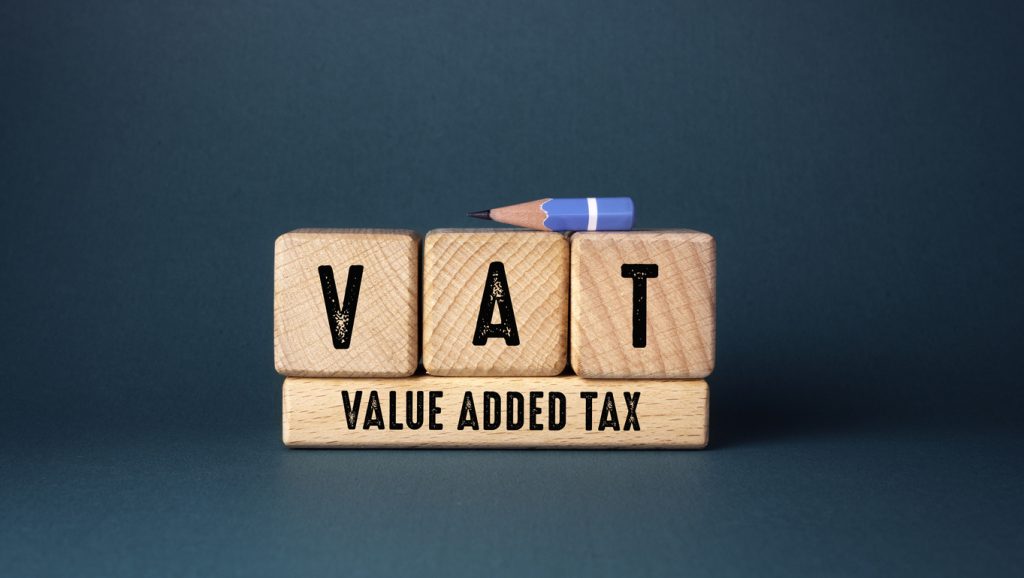
Get in Touch
Our team of accountancy experts are available to speak to you as soon as possible. You can also email us or complete the contact form and one of the team will be in touch.
Essentially, Equity is the total value of something when broken down into assets. You may have heard this term referred to when discussing a will or business. Assets are items of value, such as a house, a car or jewellery. In this context, equity can refer to the value of all the shares in a limited company.
If a company’s assets are liquidated, the equity would be the value that the shareholders are returned. When you buy shares, you are actually buying equity in the company.
Is equity taxable?
If you make an income through equity, you may be liable to pay tax on the earnings.
- If a company you own shares in pays you a dividend of over £1000, you may need to pay dividend tax.
- If you make profits from selling shares, and those profits are over the Capital Gains allowance (£3,000 in 2024/2025), you will need to pay Capital Gains Tax (CGT) on them
- You need to pay CGT when you sell shares that you received as part of an employee incentive scheme (for example, EMI)
- Be aware that any profits from selling shares of EIS/SEIS startups are tax-free
- You can claim Income Tax relief when you invest in EIS/SEIS startups
- You don’t need to declare or pay tax on any profits or dividends from shares held in a Stocks & Shares ISA
Frequently Asked Questions
-
A company I own shares in was liquidated and I received equity - do I need to pay tax?
When it comes to equity release through liquidation, you won’t owe tax on money your receive back.
-
Where can I learn more about tax owed on equity?
For more information about your tax obligations on equity, visit the HMRC website.
Search More Terms
View our latest news & insights






